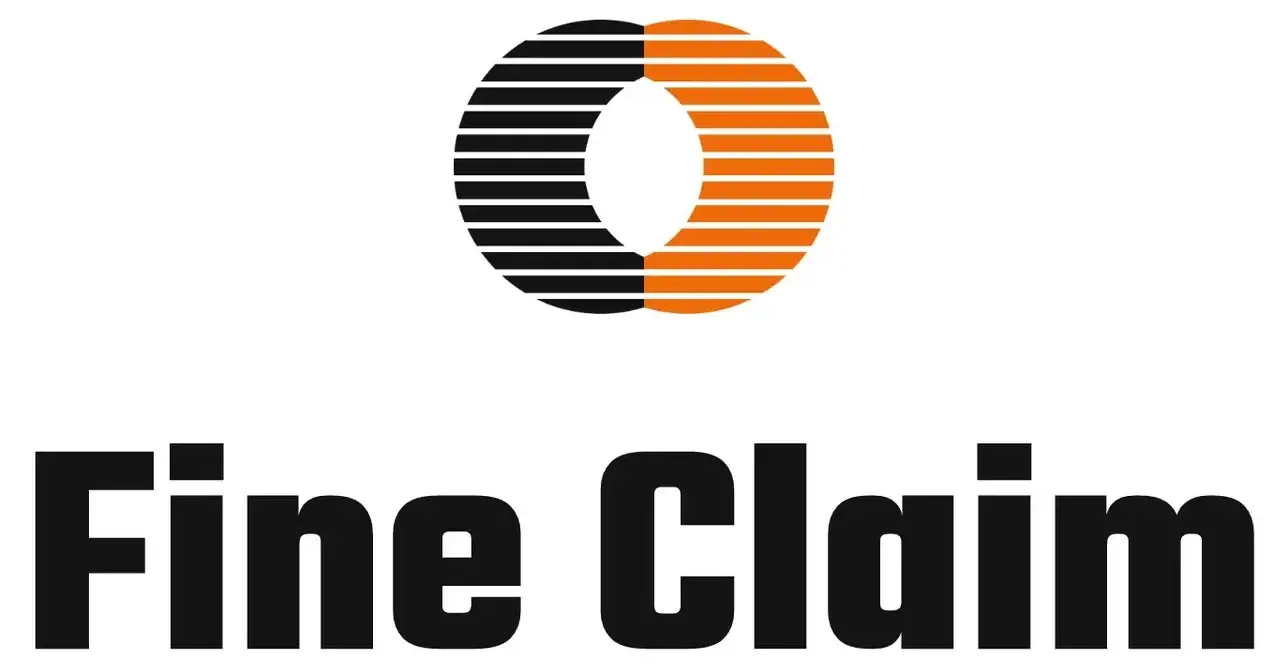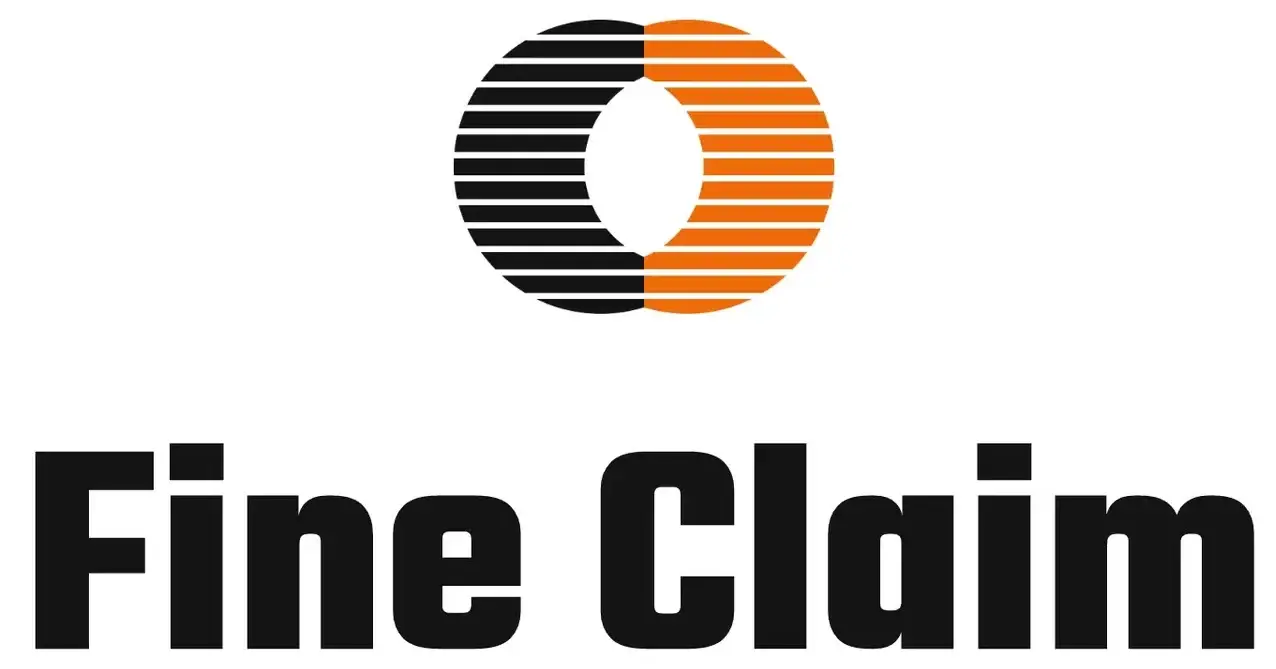Denial Management Services: Maximizing Revenue and Minimizing Claim Rejections

In the ever-evolving world of healthcare, claim denials are a persistent issue that can have a significant impact on a provider’s revenue cycle. When claims are denied by insurance companies, it results in delayed payments, increased administrative work, and potential revenue loss. That’s why Denial Management Services are essential for healthcare practices, hospitals, and billing companies that aim to maintain financial stability and optimize reimbursement.
What Are Denial Management Services?
Denial Management Services are specialized processes aimed at identifying, analyzing, resolving, and preventing denied or rejected insurance claims. These services go beyond simply re-filing claims—they focus on understanding the underlying causes of denials and implementing corrective measures to ensure the same mistakes are not repeated in the future.
These services form a vital part of the overall Revenue Cycle Management (RCM) strategy, helping healthcare organizations recover lost revenue and improve their claim approval rate.
Common Reasons for Denials
Claims can be denied for a variety of reasons, many of which are preventable. The most frequent causes include:
• Incorrect or missing medical codes
• Lack of proper documentation
• Failure to obtain prior authorization
• Eligibility issues
• Duplicate claims
• Expired filing deadlines
• Non-covered services under patient plans
Understanding these reasons is key to minimizing errors and reducing the denial rate.
Key Components of Denial Management Services
A comprehensive denial management service includes:
1. Denial Identification and Categorization
Denied claims are identified and sorted based on the reason for denial, such as coding errors, authorization issues, or missing information.
2. Root Cause Analysis
Each denial is investigated to determine the root cause, allowing for system improvements and staff training where needed.
3. Timely Appeal Filing
Specialists prepare and submit appeals to insurance companies within the required timeframes, improving the chances of claim approval.
4. Claim Resubmission
After correcting errors, the claims are resubmitted promptly to ensure quick reimbursement.
5. Reporting and Feedback
Regular reports are generated to monitor trends, identify problem areas, and provide feedback to billing and front-desk teams.
Benefits of Denial Management Services
1. Increased Revenue Recovery
With expert handling, many denied claims can be successfully appealed and reimbursed, helping providers recover revenue they would have otherwise lost.
2. Better Cash Flow
Quicker resolution of denied claims improves cash flow and reduces the time spent waiting for payments.
3. Reduced Administrative Burden
Outsourcing denial management frees up in-house staff to focus on core responsibilities, improving operational efficiency.
4. Enhanced Accuracy and Compliance
Regular analysis and feedback help improve coding, billing, and documentation practices, ensuring compliance with payer rules and healthcare regulations.
5. Long-term Denial Prevention
By addressing the root causes of denials, these services help implement preventive strategies, reducing the overall denial rate.
Who Can Benefit?
Denial management services are essential for a wide range of healthcare providers and facilities, including:
• Hospitals and healthcare networks
• Independent medical practices
• Specialty clinics
• Medical billing and coding companies
Any provider dealing with insurance reimbursements can gain from an efficient denial management process.
Conclusion
Denied claims are more than just an administrative inconvenience—they directly impact revenue and financial health. With professional Denial Management Services, healthcare providers can significantly reduce the rate of denied claims, ensure faster reimbursements, and focus on delivering quality patient care.
Note: IndiBlogHub features both user-submitted and editorial content. We do not verify third-party contributions. Read our Disclaimer and Privacy Policyfor details.







